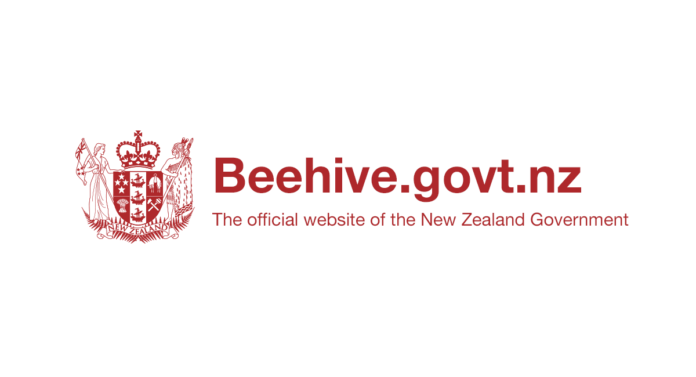Source: New Zealand Government
E aku rangatira, tēnā koutou katoa, ka nui te honore, ki te mihi, ki a koutou
Honoured leaders, I acknowledge and greet you all
Mr Chair,
I am honoured to join you and our colleagues from around the world during the 65th session of the Commission on the Status of Women. I look forward to the time when it will once again be safe for us to gather together in person. I welcome the opportunity harnessed by this Commission in using technology to encourage increased participation and engagement in discussions from women and girls around the globe.
Aotearoa New Zealand welcomes and endorses the statement made by Tuvalu on behalf of the Pacific Islands Forum member states, with Permanent Missions to the United Nations.
In the context of the COVID-19 pandemic, this year’s priority theme has never been more important. The pandemic has radically changed our lives. COVID-19 has made clear just how interconnected health, economic, and social issues are in our society. The health of our people impacts, and is impacted by, the health of our economy, and vice versa. It has also highlighted and exacerbated structural inequalities that disproportionately affect women and girls.
When we fully and meaningfully include women and girls in leadership and decision-making roles, we ensure that our responses to the effects of the pandemic and the longer-term effects of the climate crisis will meet the needs of everyone.
Women’s leadership and participation in public life has been on an upward trajectory in recent years in Aotearoa. We have closed the gender leadership gap in our Public Service through a deliberate strategy implemented over the past three years. It is also encouraging that increasing numbers of Māori women in particular are leading businesses across all regions of Aotearoa New Zealand.
A range of initiatives are underway to reduce barriers to women’s and girls’ participation in public life. Simple things – like making period products freely available in all schools – and more complex things – like passing an amendment to the Equal Pay Act last year, to make it easier for female dominated professions to be paid fairly for the work they do.
We will continue to accelerate our efforts to eliminate gender-based discrimination, and there is more to do, particularly to reduce rates of gender-based violence.
The New Zealand Government is moving towards a more effective system to prevent and respond to family and sexual violence, and has created a multi-agency joint business unit to lead that work.
We have significantly increased investment into services that prevent and respond to violence, and are working with our neighbours in the Pacific to support survivors of gender-based violence there.
It will take a significant effort of many people, groups and communities to change social norms, rebuild our systems to better support victims, and protect the rights of those affected by gender-based violence.
New challenges are emerging, and familiar challenges are intensifying. The COVID-19 pandemic has shown that collective efforts are needed to promote global health, while the effects of the climate crisis have become undeniable.
When compared with other groups, women and girls, and particularly those facing intersecting forms of discrimination, disproportionately shoulder the burden of both these challenges, especially when opportunities to participate effectively in decision-making are limited.
Aotearoa New Zealand is taking steps to address these issues at home, but the problems are not yet solved. Real progress can be made when we work together locally and globally.
Mr Chair,
Challenges that affect women and girls affect all of our countries, no matter what region we are from. As we continue to strive towards our global goal of achieving full and effective participation to empower women and girls in all aspects of public life, it is critical that we draw on our shared experiences and work together to recover from the COVID-19 pandemic.
Aotearoa New Zealand reconfirms its long-standing strong and unwavering commitment to advance the rights of women and girls in all their diversity. We remain committed to continued cooperation and engagement with our colleagues from around the world in working towards the realisation of gender equality.
Ngā mihi nui. Thank you.



